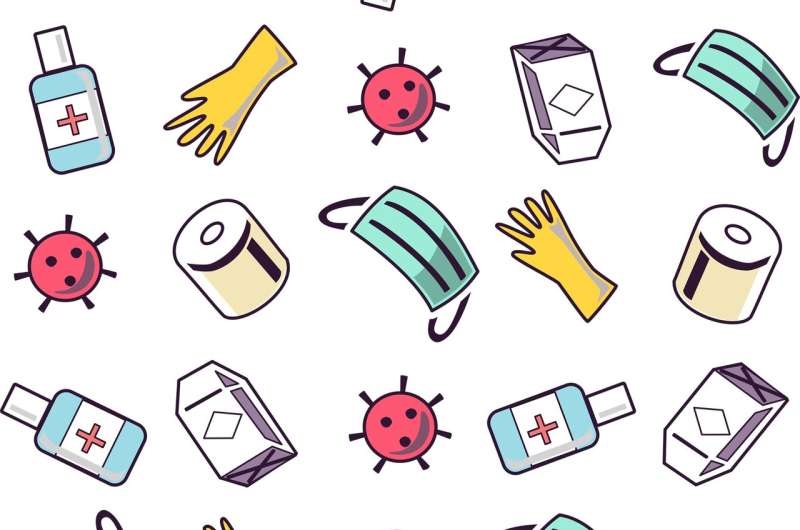
Brazil’s Amazonas state could soon see surging COVID-19 case numbers surpass the “catastrophic” wave it suffered near the start of the pandemic last April, the WHO warned on Friday.
The World Health Organization voiced alarm at the situation in the northern state and its capital Manaus, where authorities are scrambling to slow the spread of the virus as cases soar and hospitals run out of beds and oxygen.
“The situation in Amazonas and particularly in Manaus has deteriorated significantly over the last couple of weeks,” WHO emergency director Michael Ryan told a virtual media briefing from WHO’s headquarters in Geneva.
“Clearly, if this continues, we are going to see a wave that is greater than what was a catastrophic wave in April and May in Amazonas and particularly in Manaus,” he said, adding that that would be “a tragedy in itself”.
In Manaus, hospital intensive care units have been at 100 percent capacity for the past two weeks, and more than 400 people with COVID-19 are waiting for a hospital bed to be freed up, he said.
At the same time, there is a shortage of oxygen and of gloves and other basic protective gear for medical workers.
“This is a system under extreme pressure,” Ryan said, warning that another problem was that large numbers of not only medical staff but also lab technicians were becoming infected in their communities.
‘Negative spiral’
“This is a situation where your whole system begins to implode,” he said.
He explained that this was “because your hospital system, your public health system, your laboratory system, those people are part of the community themselves, and they begin to become infected and you go into a negative spiral.”
Brazil has recorded more than 205,000 deaths from COVID-19, second only to the United States.
The national average is 98 deaths per 100,000 inhabitants, but in Amazonas the figure is 142 per 100,000, surpassed only by Rio de Janeiro (158) and Brasilia (145).
Ryan said Amazonas was not the only place feeling the pressure.
“We have seen a rapid, rapid, exponential increase in cases in a number of cases in the Americas,” he said.
Fear has been growing that a new strain of the virus found in Brazil could be more contagious, just like new strains found in Britain and South Africa.
But Ryan stressed it was certainly not the main culprit behind the surge in cases, but it was rather linked to “the breaking down of basic behaviours, connected in part with more mixing over the Christmas holidays.
“It is not new variants driving this transmission. New variants may have an impact down the line … (but) it is too easy to just lay the blame on the variant,” he said.
“We have to be able to accept our share, individually and as communities, as governments, our share of the responsibility in this virus getting out of control,” he said.
He acknowledged that the new variants of the virus complicated the fight against the pandemic.
“The virus has been energised by the ability to evolve…,” he warned.
Source: Read Full Article
